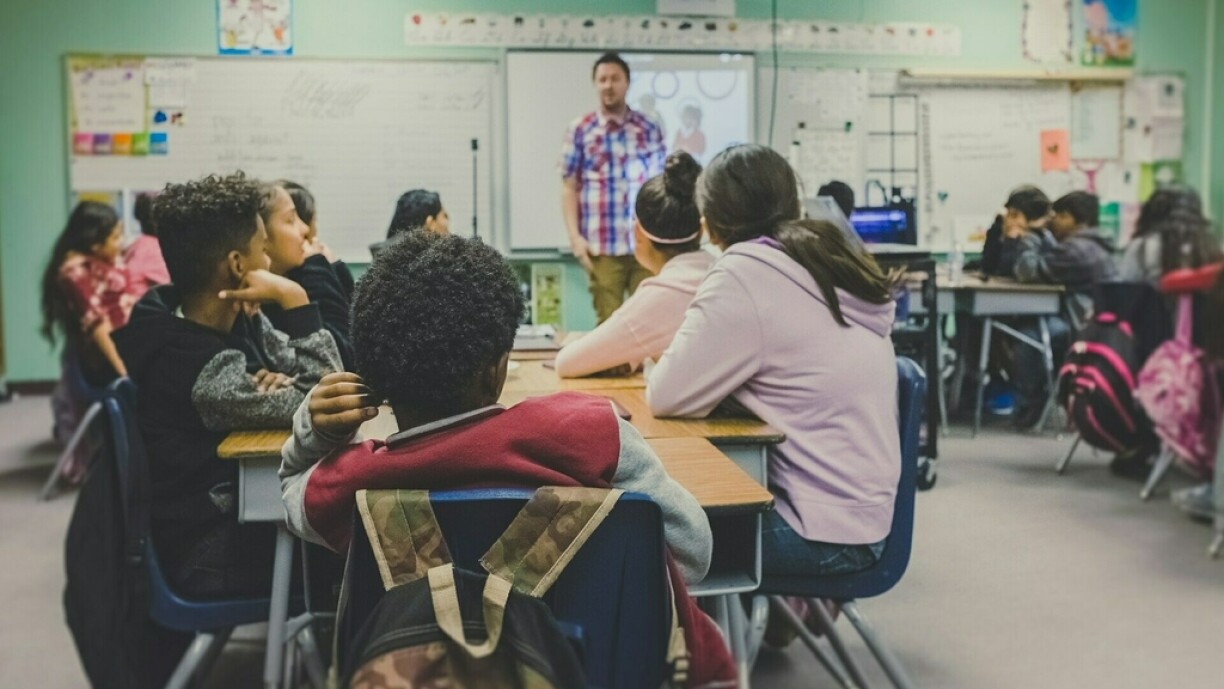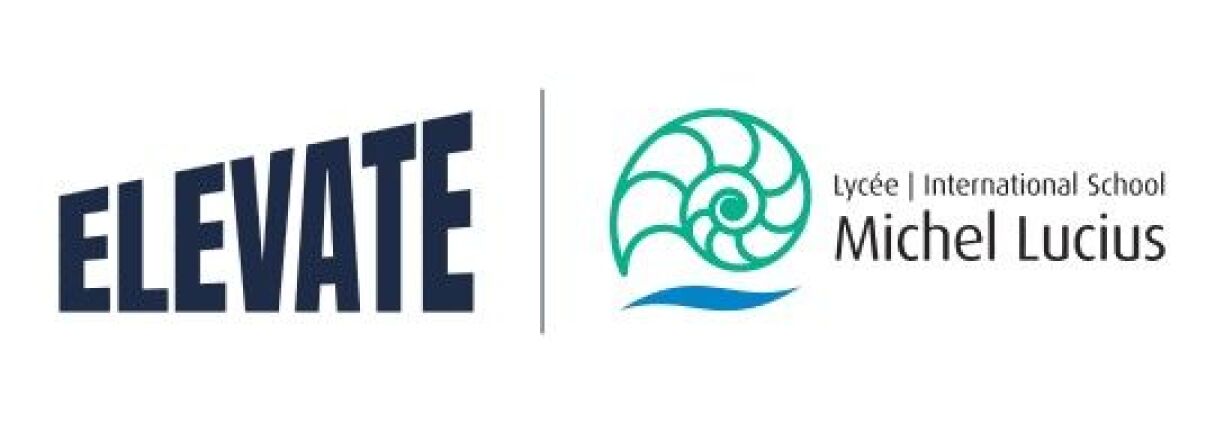
Schools have long been self-proclaimed hubs of learning where students develop skills, build knowledge, and mature into responsible citizens.
Many students, however, begrudgingly perceive schools as places where their knowledge is tested and where adults make decisions about their abilities and, inevitably, their future prospects.
For parents, through generations and across continents, schools have been places to which they entrust their children in the hope that, one day, they will emerge as qualified and confident graduates, who will go on to live successful and independent lives.
Faced by the 2024 World Happiness Report, showing a concerning decline in young people’s happiness, parents and teachers’ gnawing worries are more acute than ever.
But what if schools were places of innovation that fostered an intrinsic desire for growth and learning in students? What if grades and exam anxiety were no longer the focus for many students and parents?
What if students developed the resilience, engagement, autonomy, confidence, and hope to become successful learners and ultimately those effective and happy members of society that we all want them to be(come)?
As the influential organisational psychologist, Adam Grant, writes in his recent book Hidden potential: The Science of Achieving Greater Things (2023), we need to create systems of opportunity that develop character skills, such as resilience, autonomy and confidence to ‘unlock the hidden potential’ that is within all of us, our students included.
This mission is both exciting and daunting for schools, as they are institutions that typically fluctuate somewhere between innovation and tradition.
Advances in cognitive science, however, pave a clear way, throwing into question many well-established practices in schools. Based at the Johns Hopkins School of Education, Mariale Hardiman (2005) approaches education from a brain research perspective and leaves us in no doubt that we must honour the pivotal role of emotions in learning.
Once in a state of panic and fear (a common experience for many), students are less likely to access the middle pre-frontal cortex, precisely the part of the brain responsible for thinking, logical reasoning and planning (Siegel, 2011), all processes integral to learning at school.
This begs the question of how to rethink our role as educators and how to shape schools to help our students to grow as learners and individuals.
At Lycée International School Michel Lucius (LML), we have begun our mission to shift our energy and focus towards building a growth mindset culture in which students can become emotionally literate and self-regulated learners. Based on Stanford professor Carol Dweck’s seminal work on mindsets (2006), we work with students on developing an understanding of the fact that our abilities are malleable and can grow with effectively invested effort and an understanding of emotions.
By helping our students to grasp that ability, talent and intelligence are not fixed, we can empower them to take ownership of their learning. If we want our students to develop that elusive intrinsic desire for growth and learning, we must aim for them to become gritty in all their endeavours.
According to psychologist Angela Duckworth, who has dedicated a career to understanding motivation, grit (defined as ‘passion and perseverance for long-term goals) is what our students need (2017).
Integral to concepts such as growth mindset and grit is the simple idea that we learn to value the process of learning (including its mistakes and failures) and refrain from becoming overwhelmed by focusing solely on outcomes, typically grades in the case of schools.
However, a word of caution is required. Solely teaching students to shift their mindset without questioning other ingrained practices at school is unlikely to allow us to create the kind of learning environment needed in the 21st century.
Many days at school are clouded by traditional assessments, such as exams and tests, typically used to decide which doors will open and which ones will shut for students – this is commonly known by teachers as summative assessment. An integral part of our work at LML is to shift our assessment focus to what is known as ‘formative assessment’.
Incidentally, we find the idea of growth at the root of the word ‘formative’, starkly opposing summative assessments that are endpoints in themselves.
At the beginning of October, Dylan Wiliam, Emeritus Professor of Educational Assessment at University College London and world-renowned researcher, worked with 300 members of our teaching staff at LML to pave the path to a pedagogy characterised by formative assessment.
Put simply, assessment will primarily serve teachers and students to identify their next steps in learning (and teaching). These formative assessment practices can be seen as an exercise in intelligent information gathering, allowing both students and teachers to adapt as they move forward.
This shift in focus will empower students to take ownership and control, two essential stress-busting ingredients.
Our two-pronged approach of working on mindsets as well as assessment practices at LML will undoubtedly allow us to reach new heights in education with more Resilient, Engaged, Autonomous, Confident and Hopeful learners.
These aims are encapsulated in our school-wide innovation project, entitled REACH, combining character education with formative assessment practices.
Our chosen path will, however, most certainly be littered with obstacles and failures, giving us a chance to lead by example and approach our own learning with grit and a growth mindset.

Elevate is a professional learning community designed to raise the level of discourse around Teaching & Learning, providing a dedicated platform where educators can prioritise meaningful conversations that place Learning and Learners at the forefront.
Get to know Daniel Redinger and the rest of the team right here.
References
Duckworth, Angela (2017) Grit Why Passion and Resilience Are the Secrets to Success. London: Random Penguin House.
Dweck, C. (2017). Mindset Changing the Way You Think to Fulfil Your Potential. London: Robinson.
Grant, A. (2023) Hidden Potential The Science of Achieving Greater Things
Hardiman, M. (2003). Connecting Brain Research with Effective Teaching The Brain-Targeted Teaching Model. Oxford: Rowman & Littlefield Education.
Siegel, D., Payne Bryson, T. (2011) The Whole-brain Child. New York: Bantam Books.
World Economic Forum, (2024) ‘A generation adrift: Why young people are less happy and what we can do about it.’